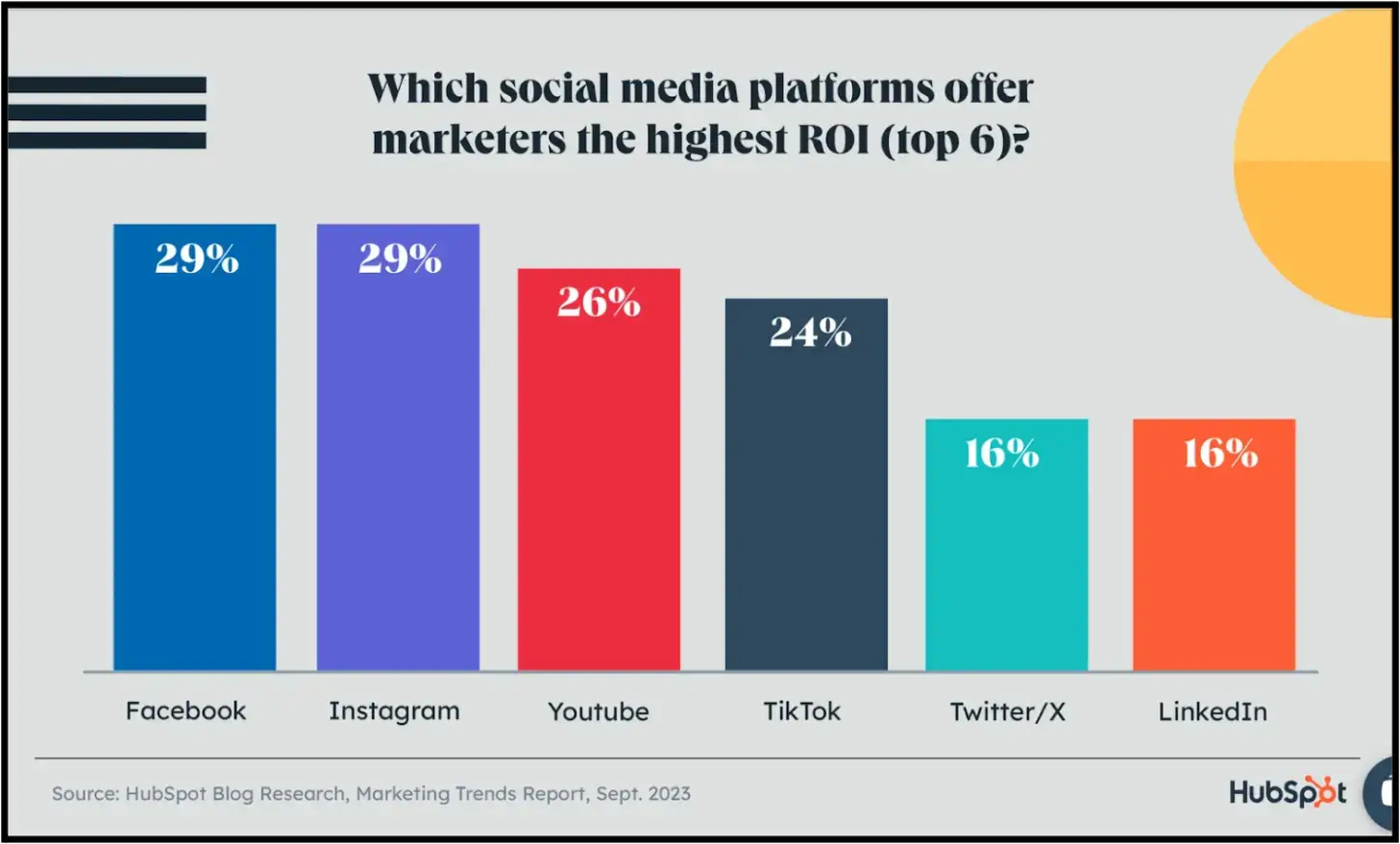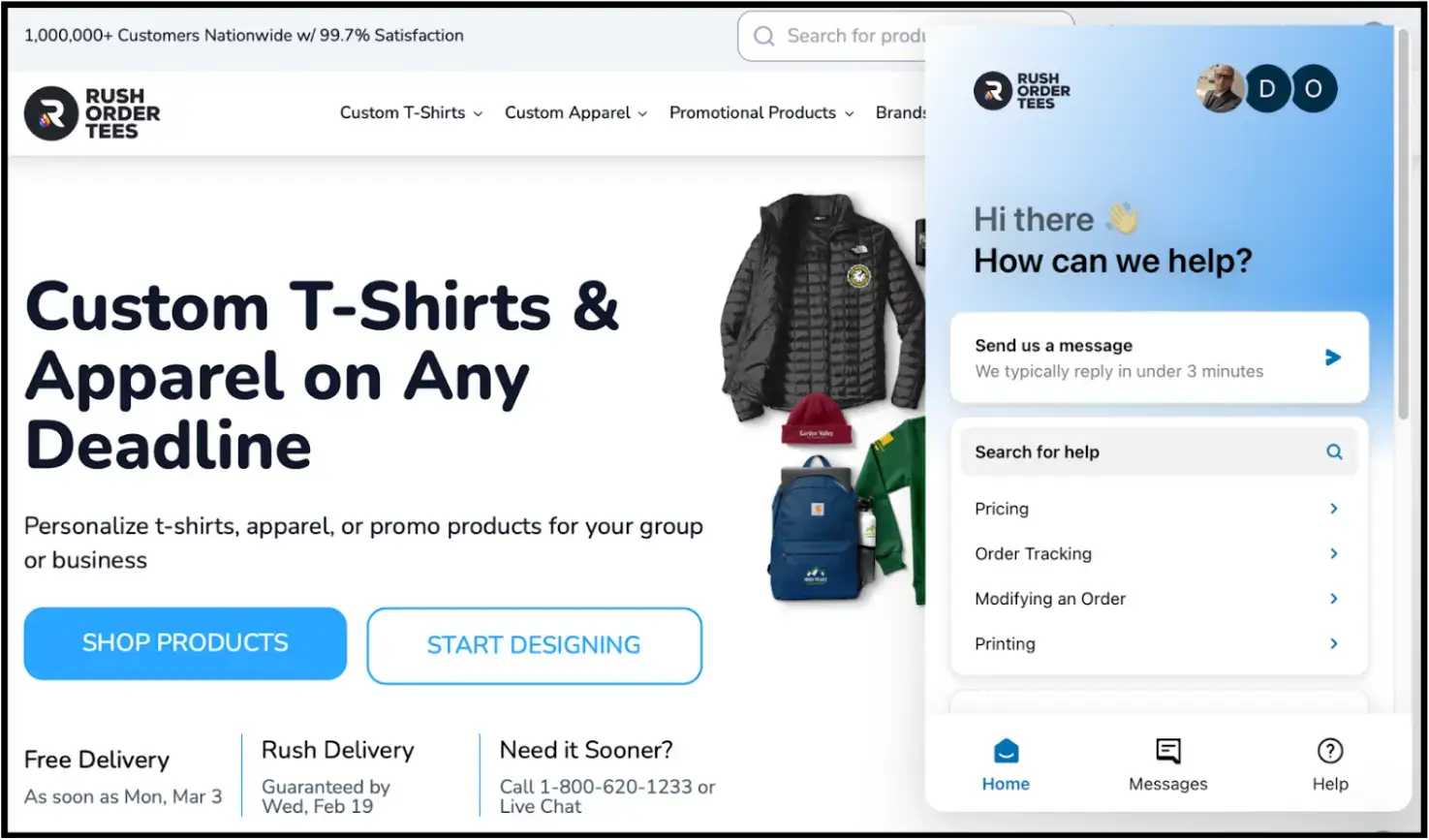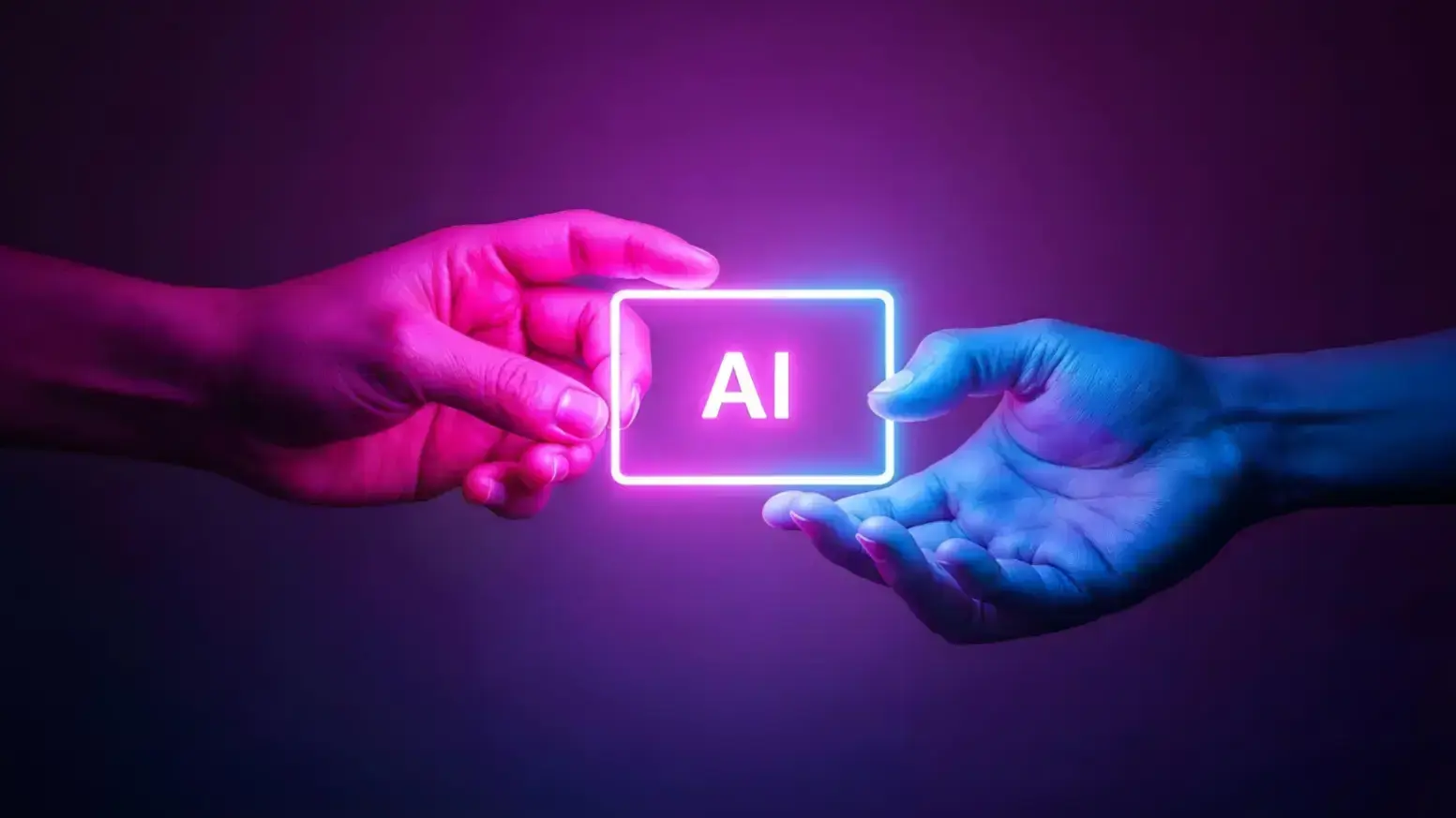Artificial intelligence (AI) has become not only a buzzword in marketing but also a game-changer in today's business landscape.
Have you tried using ChatGPT to generate marketing copies, chatbots to answer customer inquiries, and predictive analytics to perform data analysis?
But regarding the use of AI in marketing, what can we expect in the next few years to come?
This page covers the AI marketing trends in 2025 and beyond. Read on to learn what trends to follow and keep up for informed business decisions.
In this article:
- How Can AI Benefit Your Marketing Strategy?
- Top 6 AI Marketing Trends in 2025 (And How to Use Them)
- Prevalence of AI-powered automation
- Hyper-personalization will dominate customer experience
- AI-generated content becomes the norm
- AI-powered automation is reshaping marketing
- Use of chatbots and virtual assistants
- Power of AI for programmatic marketing
What is Artificial Intelligence in Digital Marketing?
To begin, what is artificial intelligence? AI is a modern technology that simulates human intelligence.
Because of this simulation, AI enables digital tools and computer systems to partly think and work like humans. True enough, what used to be a figment of our imagination has now become a reality—the rise of AI!
Case in point: Think of generative AI (genAI) used for creating pieces of content, conversational AI designed for communicating with people, and machine learning capable of making its own decisions based on patterned datasets.
Leveraging AI is also an effective strategy for boosting your digital marketing campaigns. Let's take the use of custom genAI solutions for various marketing needs, for instance.
According to the Econsultancy's Future of Marketing report, the most popular use cases of GenAI are personal productivity (53%), written content generation (53%), and ideation or conceptualization (46%).
Source: Econsultancy
For your reference, below are the main pillars of digital marketing and how AI is applied:
- SEO: SEO can use AI for keyword research, AI search visibility, and content optimization.
- PPC: AI helps generate ads, optimize keywords, and automate buying for better efficiency.
- Email Outreach: AI supports email marketing through personalization and automation. Enhance your results with email marketing in the age of AI.
- Content Marketing: Use AI to produce high-performing content formats like videos, blogs, and case studies.
- Social Media Management: Explore the intersection of social media and AI where AI enhances targeting and engagement.

Source: HubSpot
Discover the potential benefits of using AI in digital marketing below.
How Can AI Benefit Your Marketing Strategy?
AI has infiltrated companies and organizations across different industries due to its potential benefits.
To keep teams aligned with these rapid changes and build practical expertise, platforms like Coursiv support structured learning around emerging AI marketing practices and tools.
According to Gartner, 80% of leaders use this technology for business decisions. It's best to leverage AI to implement winning marketing strategies for digital success.
Source: Outsource Accelerator
Here’s why you should use AI:
- Boosted process efficiency: AI automates repetitive marketing tasks and increases productivity.
- Informed decision-making: ML analytics provides patterns for data-driven marketing decisions.
- High customer engagement: Chatbots and VAs provide personalized interactions.
- More generated leads: AI Development Companies help personalize content for better lead generation.
- Successful conversion: AI boosts conversions and helps achieve primary marketing goals.
Top 6 AI Marketing Trends in 2025 (And How to Use Them)
AI shows no signs of slowing down. Statista forecasts the global AI market will grow from $305.9B in 2024 to $738.8B by 2030 (15.83% CAGR).
Source: Statista
Use AI for digital marketing strategies to capitalize on these trends.
1. Prevalence of AI-powered automation
AI-powered automation tools such as HubSpot AI, ChatGPT, Salesforce Einstein, and Sintra.ai help marketers automate engagement tasks, adapt content to audience context, and deliver insights that make personalization and optimization easier.
Consider leveraging AI and automation not only for customer support but also for digital marketing.
2. Hyper-personalization will dominate customer experience
Nearly 90% of businesses invest in personalization, and many use AI to support it. Learn about AI for product personalization in e-commerce.
Source: adam connell
3. AI-generated content becomes the norm
Marketers use AI-powered tools to create engaging content formats.
However, AI doesn’t always get the tone or context right, which can make content feel robotic or off-brand. Using an AI Humanizer Tool helps refine these outputs, ensuring the messaging is natural, relatable, and resonates with the audience.
Source: demandsage
4. AI-powered automation is reshaping marketing
Marketers rely on must-have AI marketing tools like predictive analytics for insights. Predictive analytics enables smarter forecasts and optimized marketing strategies.
For marketers seeking deeper insights into cross-channel performance and attribution modeling, we recommend G2’s guide on best attribution software, based on insights from the latest G2 Grid Report - experts note that “ActiveCampaign and WhatConverts both excel at multi-channel attribution.”
5. Use of chatbots and virtual assistants
AI-powered chatbots and virtual assistants continue to grow. Learn about the dual impact of chatbots on cost reduction.

Source: RushOrderTees
6. Power of AI for programmatic marketing
Learn the benefits of programmatic advertising platforms powered by AI. Programmatic marketing automates ad buying, and AI makes it smarter and more efficient.
Frequently Asked Questions (FAQs)
1. How will AI change digital marketing in 2025?
AI will make marketing more seamless, accurate, and personalized. It automates tasks, creates content, and analyzes data for effective campaigns with less time and money.
2. What AI marketing trends should marketers watch out for?
Watch for automation, hyper-personalization, predictive analytics, AI-powered chatbots, and AI-generated content as key trends in 2025.
Wrapping Up
Artificial intelligence continues to revolutionize the digital marketing space.
From automation and hyper-personalization to predictive analytics and chatbots, AI-driven tools are transforming how brands connect with audiences and make strategic decisions.
Whether you’re refining your ad targeting, crafting personalized email campaigns, or analyzing performance data, AI can help you do it smarter, faster, and more effectively.
Stay ahead of the curve by integrating AI tools into your workflows and aligning your marketing strategies with the latest innovations. The future of marketing is intelligent — and it’s already here.


